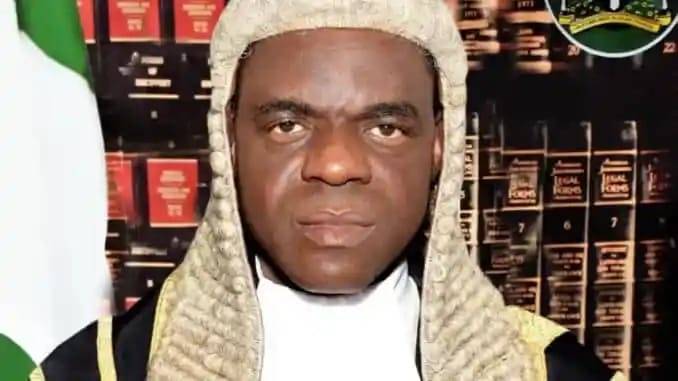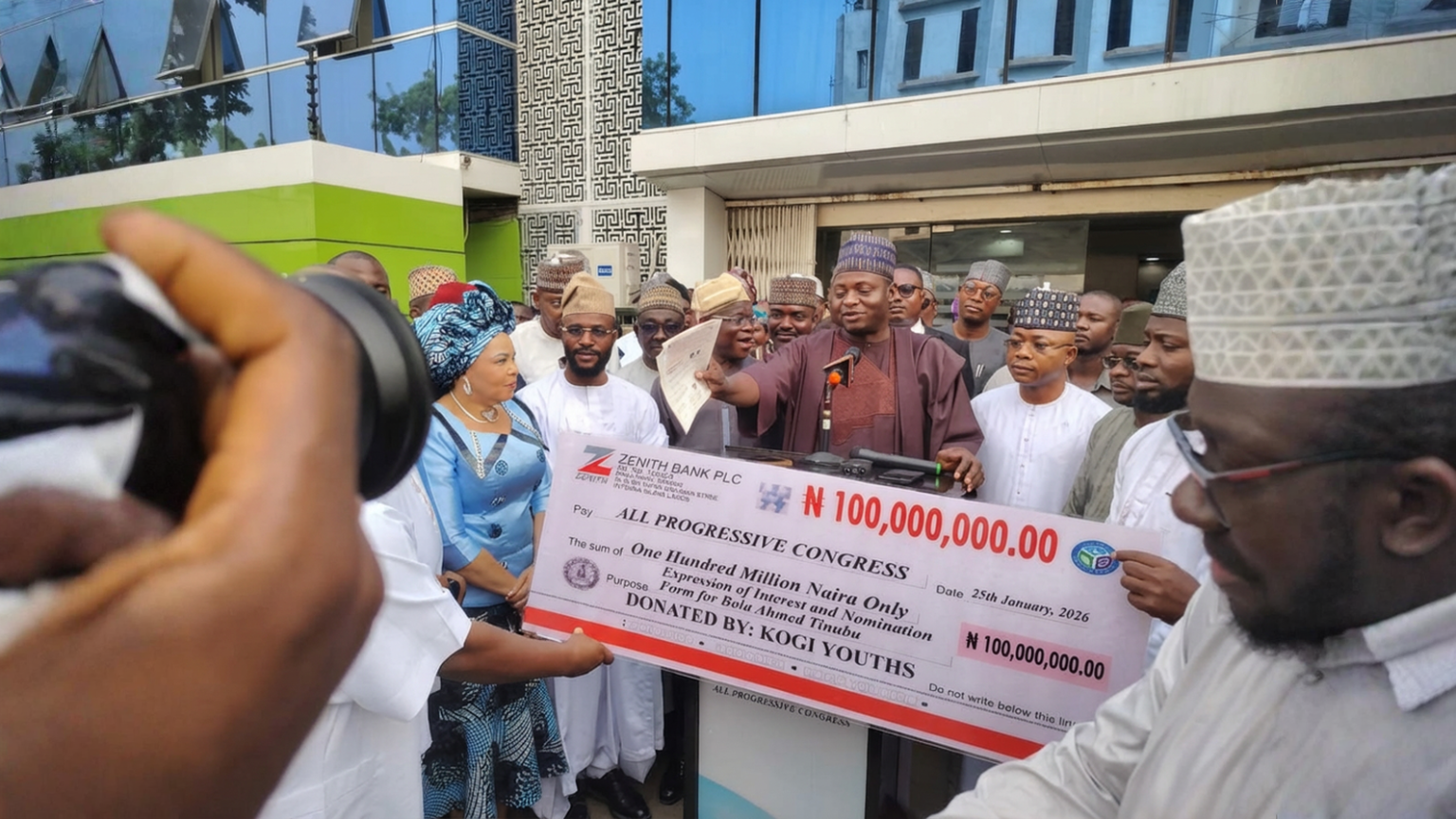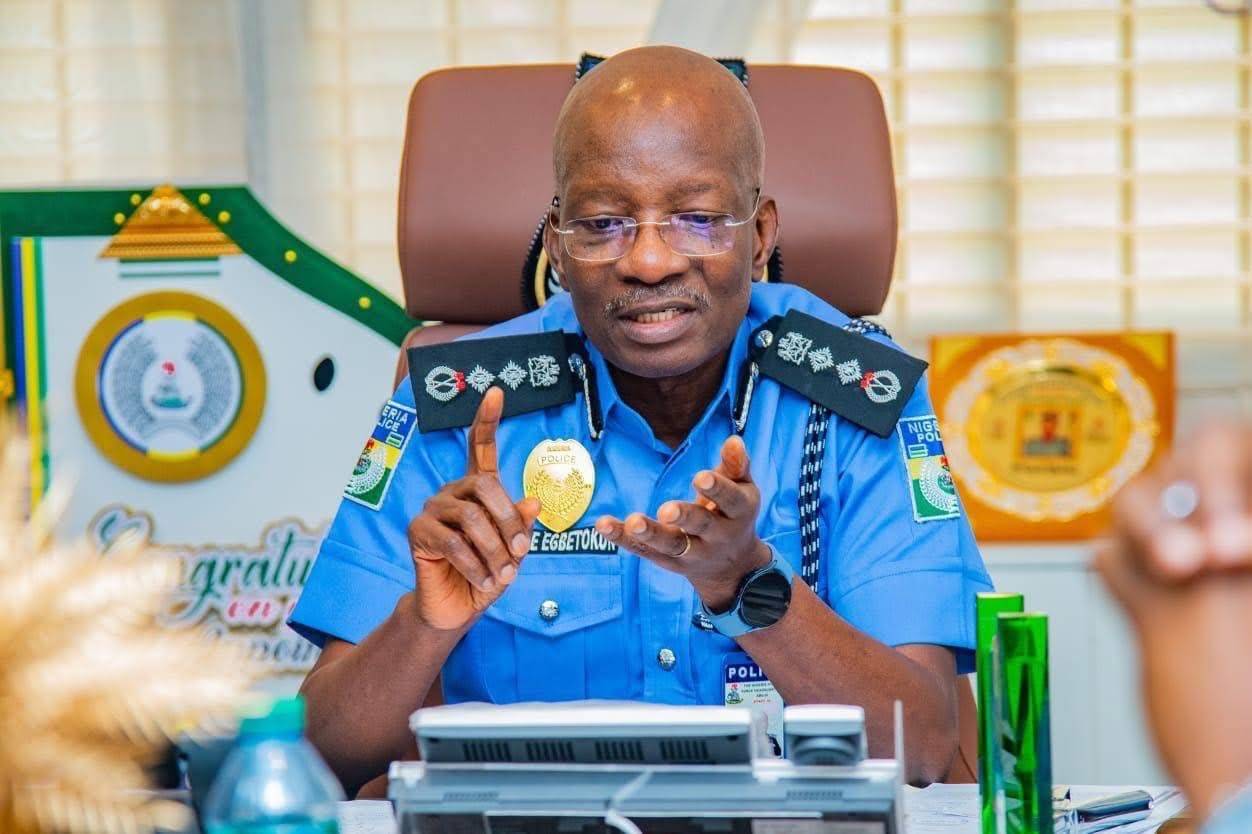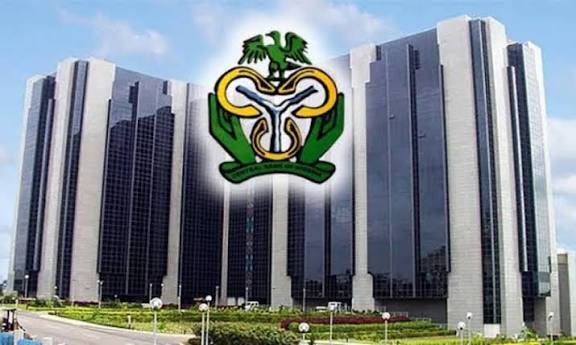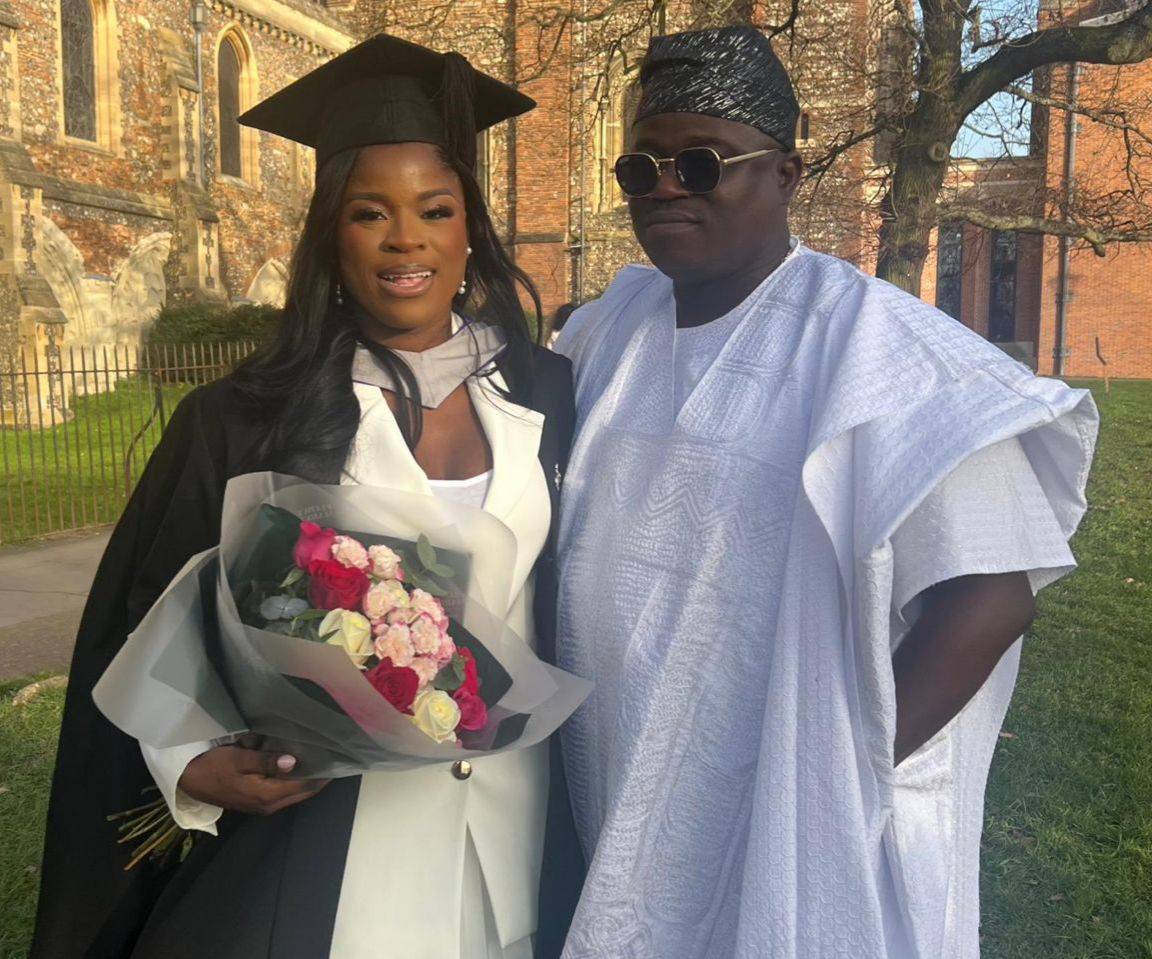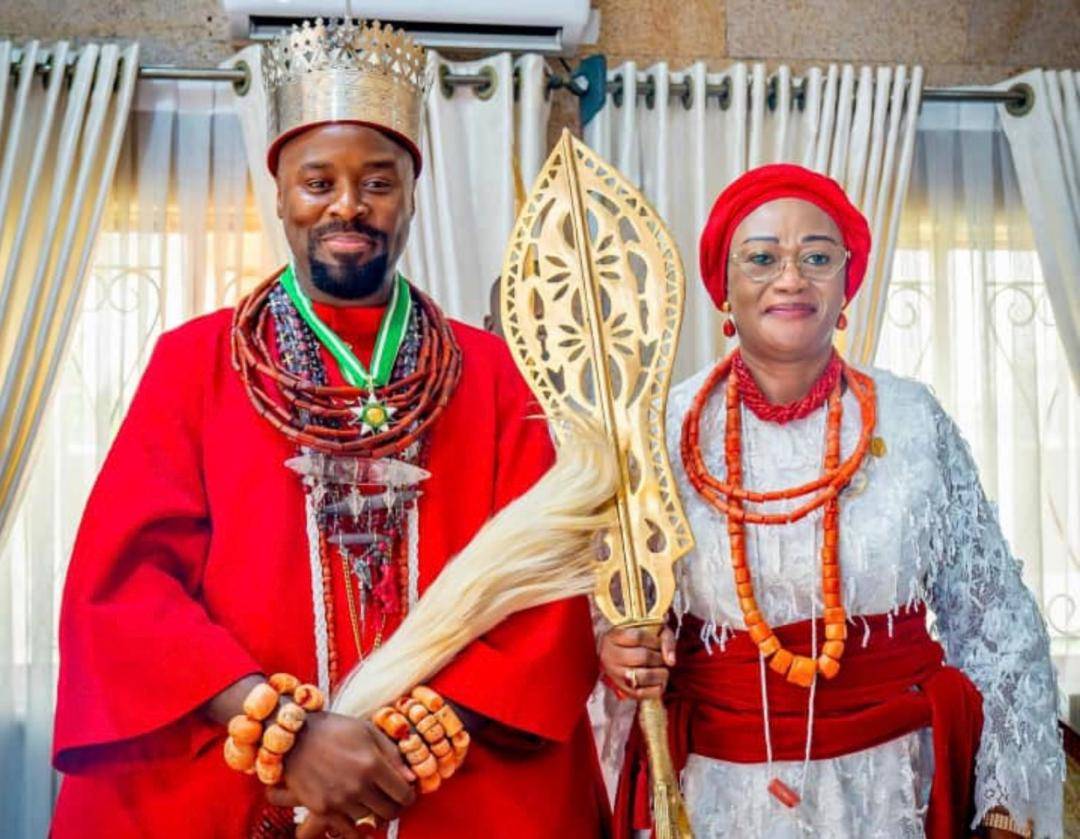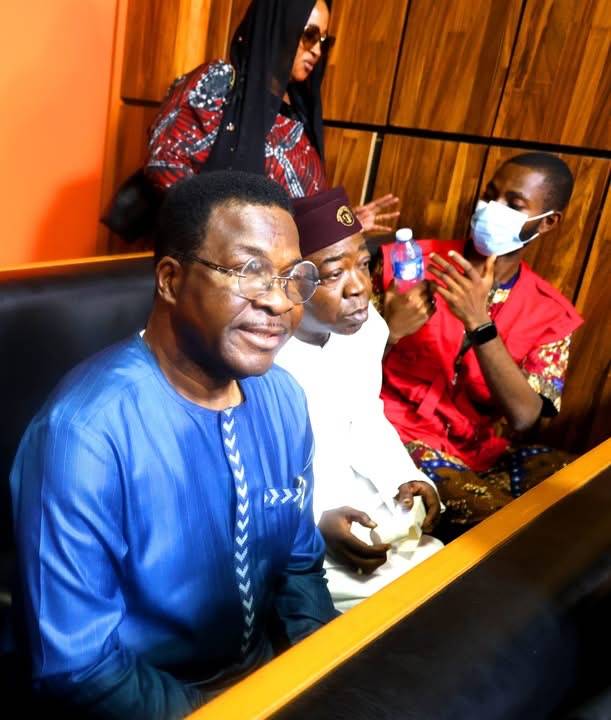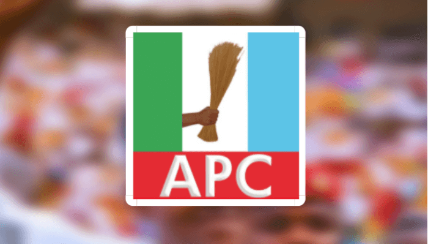Death and life, says the bible, are in the power of the tongue. Nobel laureate Wole Soyinka willed his visa revocation by making his Green Card to ‘have an accident’, a forerunner of the revocation of his B1/B2 visa. Hazarding a few guesses for the revocation, he believed that what happened to the Green Card was probably the ‘new facts that came to light’ to attract the United States response. He also suggested that his unyielding criticisms of President Donald Trump, whom he likened to former Ugandan president Idi Amin in Whiteface, might have played a role in the revocation. Notwithstanding the visa revocation, and certain that his judgement of the style and policies of Mr Trump was accurate, the laureate hinted he might still do some creative work with the American president as the protagonist. The professor may indeed be prescient, but it is unlikely that even he anticipated the dystopian nature American society and immigration controls have assumed. The Green Card accident and the visa revocation have fortuitously saved him the embarrassment and torment he would probably have encountered on trips to the US.
If a lot of fight was still left in the old warhorse Prof. Soyinka, and he both spoke and acted the fight in his convictions about the depressing manifestations of US democracy, particularly in respect of the upending of the old rules-based international order as well as the decline and warping of American values and global leadership, other participants and activists on the Nigerian scene have spoken themselves into a very different kind of trouble they neither have the ethical mooring or courage to face. It is not every commentator that speaks himself into trouble that does it from a noble or altruistic point of view. Unfortunately, it is also not all the time that an undiscriminating public can tell the difference. Last March, a youth corps member, Ushie Uguamaye, spoke herself into foolish trouble when she admitted her participation in a ‘rant challenge’. Her ignoble confession did not rob her of significant public support, a sad commentary on the decline of values in Nigeria and a reflection of ethnic, class and political polarisation. ‘Lagos smells,’ she had posted, and ‘President Tinubu was a terrible president’, she added. She apologised for her description of Lagos, but it was obvious she did not mean it, but declined to apologise for insulting the president, anchoring her adamancy on what she said was her constitutional right to free speech. Of course, she ignored her obligation and oath as a corps member. Activists lent her wild support.
Last week another harebrained netizen, Innocent Chukwuma, openly and in offensive language advocated on X (Twitter) a coup d’etat in Nigeria, inspired, it was clear, by happenings in other parts of Africa, particularly the Alliance of Sahel States (AES). Here is what Mr Chukwuma posted: “A coup in Nigeria is needed. Dispose of APC, suspend the Nigerian Government, and join the AES. That is all we need now. It will happen eventually. Nigerians, the military needs your support now! Only them can save this country.” In another post, he said: “The @#*&! in Aso Rock has basically sold this country to the West, and they run our intelligence apparatus. Only the military can reset this country. Support them.” It does not matter to him and others who lionise his idiocy that Mali is in far bigger trouble than it can ever bargain for, and Burkina Faso is propped on insane propaganda. Nor is he discomfited by his mendacity about the president selling Nigeria to the West at a time US president Donald Trump is busy declaring Nigeria a country of particular concern, preparatory to declaring it a terrorist state deserving of American military action to ‘protect Christians’.
Activist Omoyele Sowore, who jumps on every anti-establishment controversy, gave Ms Uguamaye, alias Raye, huge support. It was expected. His lifestyle and politics are dysfunctional, and without any reflection, projects that warpedness onto national issues. He lives and thrives on discord and chaos, a member of the army of chaotic activists dedicated to dismantling Nigeria in line with some global doomsday predictions. To lend support to a self-confessed ranter embarking on a challenge to determine who was the nastiest on social media is an indication of failure of home training or psychological imbalance. But Mr Sowore was not the only one to lend support to Raye; many media houses and Non-Governmental Organisations (NGOs) also did, thereby turning her into a cause célèbre. The constitutional right to free speech is of course inalienable, but there are always limits. When Mr Chukwuma advocated a coup on X, the consequences are not limited to him, whether he is arrested or ostracised. It strikes at the core of Nigeria’s stability, especially at a time when a few African countries are succumbing to extra-constitutional methods for regime change. Mali, Burkina Faso, Niger Republic, Sudan, Madagascar, Guinea, Gabon – all pejoratively described as belonging to the African coup belt – have truncated their democratic experiments. Some analysts have suggested that if current speculations about a foiled coup in Nigeria turn out to be factual, the plotters were probably encouraged by the public calls for military intervention.
The social media has given rise to all kinds of extremism, particularly verbal and rhetorical terrorism. It encouraged the false narrative of EndSARS massacre in Nigeria, fuelled the Nepalese and Madagascar revolts, and gave fillip to the Tanzanian election protests regardless of President Samia Suluhu Hassan winning 98 percent of the estimated 32 million ballots according to the electoral commission. A few Western countries have made bland statements about the situations in the coup-ridden countries of Africa and those in the grip of electoral violence, but none issued a warning or note of caution regarding the January 2021 attack on the US Capitol. Decades of self-deprecation and de-marketing have pushed Africa to the precipice. And that de-marketing is fuelled in Nigeria by civil society groups, activists, political opposition, militias, insurgents, traditional and social media, and the gullible populace indifferent to economics but allergic to hardship.
But the worst is about to come for Nigeria. Under President Trump, the US has become the world policeman, bombing and bullying its way around the world, and destroying post-World War II rules-based international order. It has re-designated Nigeria a country of particular concern while ignoring its own past and contemporary history of racism, gun violence, police discrimination, a justice system tilted against Blacks, and now creeping authoritarianism. Seizing upon the largely fallacious campaigns of some Nigerians and US lawmakers and private groups, Mr Trump has called for action against Nigeria to ‘save Christians’.
Whatever methods of involvement it chooses to deploy are bound to complicate ethnic and religious relations in Nigeria, worsen counterinsurgency operations, destabilise the country, facilitate illegal mineral exploitation and expropriation, and perhaps predispose the country to state failure or new alliances to the East. The US approach is unprecedented. It is not designed to build, unite, or stabilise; it is fashioned to fracture and engender large-scale instability in the West African sub-region. But all this is happening because a few Nigerians, by their rhetoric, suborning of foreign interests, and neocolonial orientation, are exposing their country to plunderers.
However, by failing for more than 15 years to rein in insurgency in the Northeast and banditry in the Northwest, and by being unable to curb the madness in the Middle Belt states of Benue, Nasarawa and Plateau, many local victims and aggrieved individuals as well as international observers have gone away with the impression that what is happening in Nigeria is not ethnic or economic struggle for land and mineral resources, but religious genocide. Yet, the attackers are largely foreigners who received training and arms from non-state actors following the collapse of Libya. The US had designated Nigeria a country of particular concern for nearly a decade, together with Mr Trump’s new darlings Syria, Pakistan and even Saudi Arabia; but the Nigerian media has painted the news as if the declaration was fresh or recent. If Nigeria can muster the will and the military muscle to undertake a final push against the lawlessness that has overtaken parts of the country, it may buy time to resolve its economic crisis and find a workable and fairly permanent solution to its structural and existential questions. But it does not have the luxury of time. If US meddling is allowed, in line with the lobbying of some Nigerian interests, there is no assurance that the country will survive. And if chaos ensues, no one, not the complainants nor the groups complained against, will be spared the consequences of anarchy. For decades, many Nigerians have spoken disaster, death and tragedy upon their country, with politicians leading the way and activists following hard on their heels; now their words are returning to haunt them in a way they may be unprepared to live with.
Culled from The Nation



